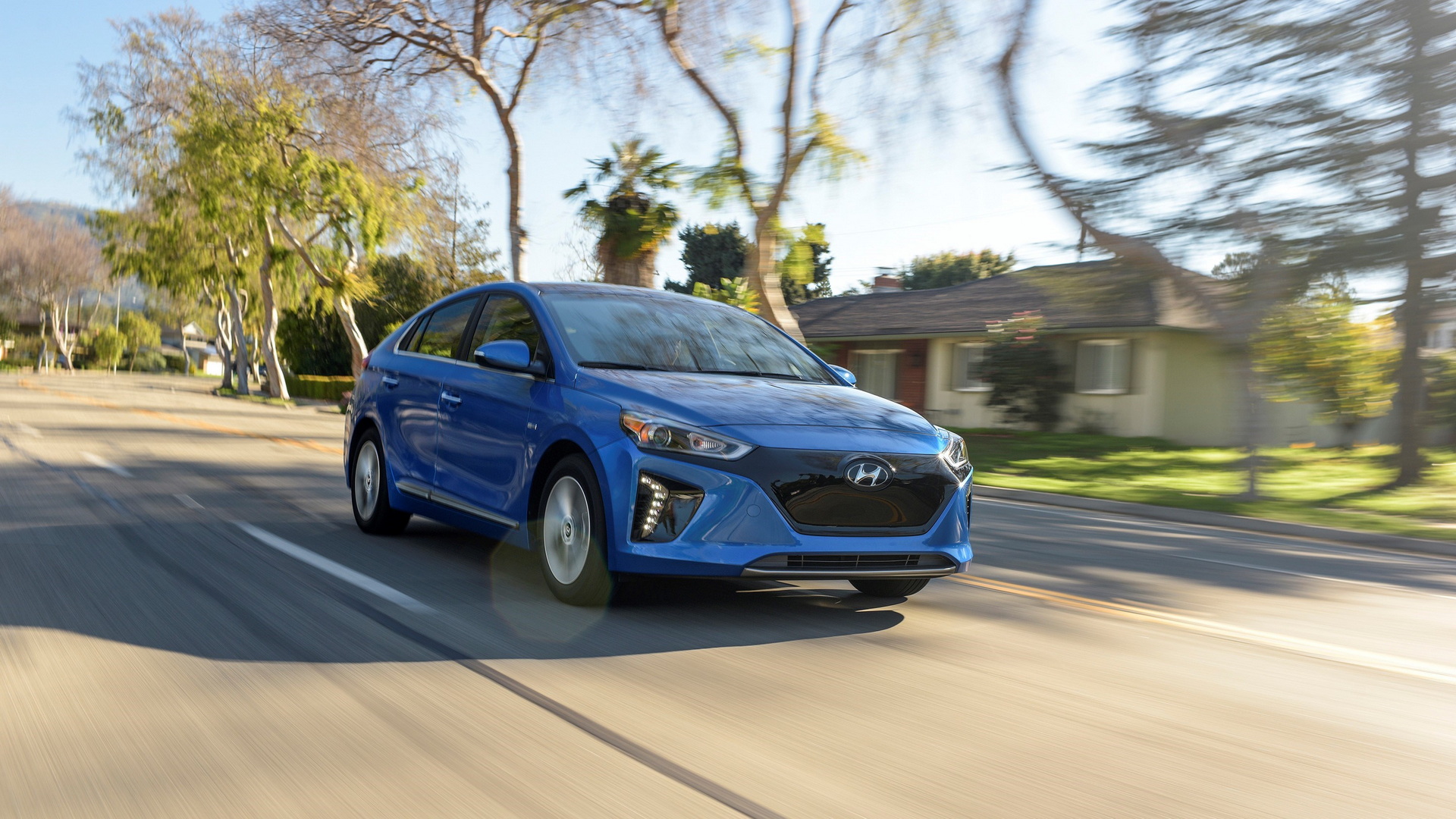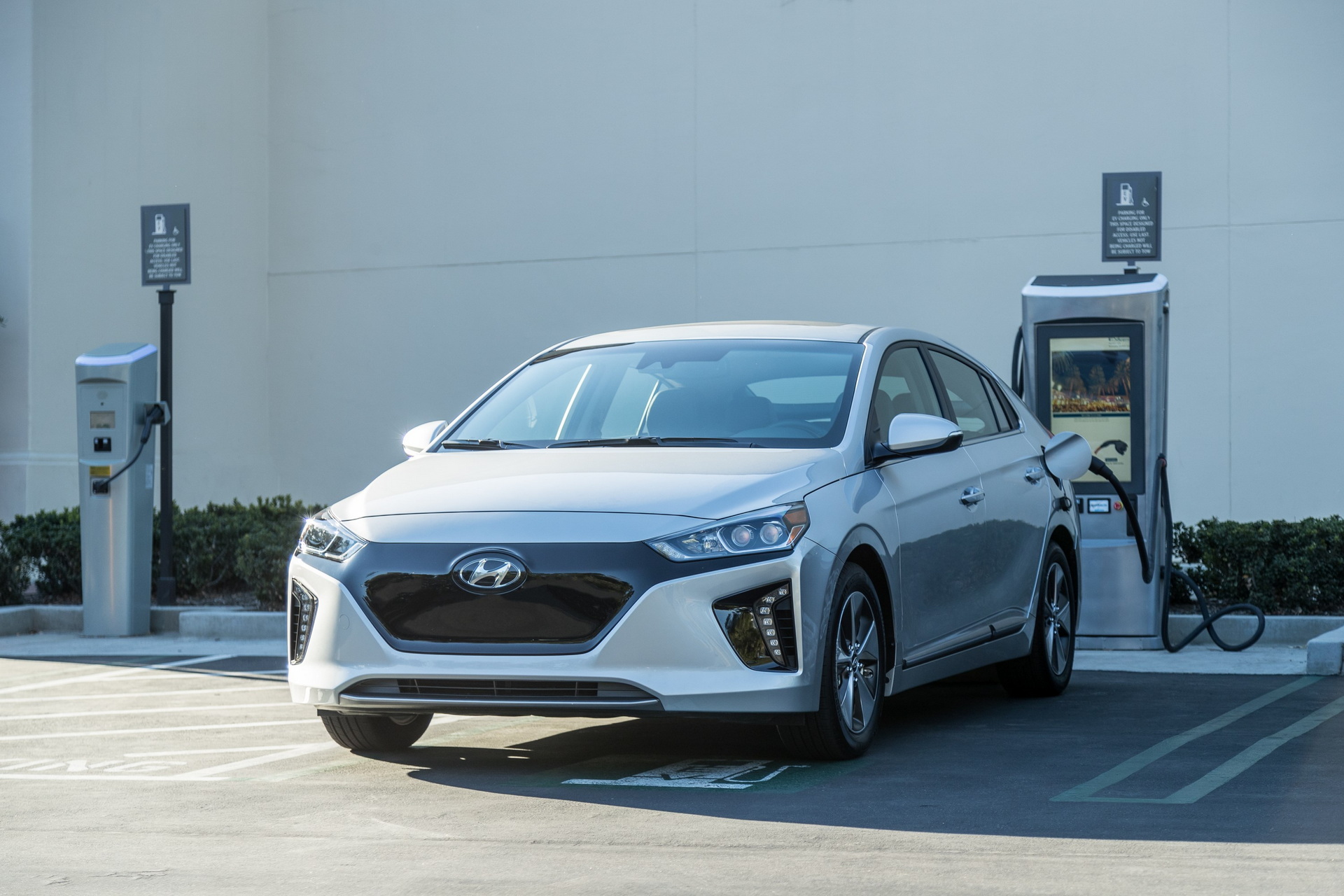Hyundai Motor Corporation is recalling 2,679 of its electric Ioniq EVs as a result of a defect that could, in limited circumstances, lead to slow, unintended acceleration.
The cars in question are Ioniq EVss produced between January 21, 2016, and June 24, 2019, sold as model year 2017-2019 vehicles. The problem, per a National Highway Traffic Safety Administration document, may occur when the vehicle enters a “fail-safe” mode.
The mode causes the “EV Ready” lamp to flash and the overall power output and acceleration to reduce. In rare instances, while in this fail-safe mode, the car may slowly start to accelerate. According to the NHTSA, however, that only happens following a specific sequence of actions.
“The sequence steps being (1) the accelerator pedal is rapidly cycled at the moment the “fail-safe” mode is initially engaged, (2) followed by a sustained period of 100% accelerator pedal application and lastly (3) an abrupt release of the accelerator pedal,” the agency writes.
Read Also: Mercedes-Benz Poised To Recall Over 19,000 EQCs Globally
Fortunately, the braking and steering systems are fully functional during this event, but the vehicles are being recalled anyway since unexpected acceleration could increase the risk of a crash.
Hyundai says that an electrical noise generated by the deterioration of the electrical ground, which can create a communication error within the vehicle’s Controller Area Network (CANbus), may be at the root of the issue.
The automaker first became aware of this flaw in June 2021 and investigated. It found that the unintended acceleration was difficult to recreate and says that it is not aware of any injuries or crashes as a result of this issue. Still, it wouldn’t be an unreasonable reaction to pump the accelerator pedal if it appeared to suddenly stop working.
Hyundai is sending out letters to affected owners by first class mail with instructions to bring their vehicles to a dealership. There, a remedy will be applied that includes updating the Electric Power Control Unit software. The fix is offered free of charge to owners.










